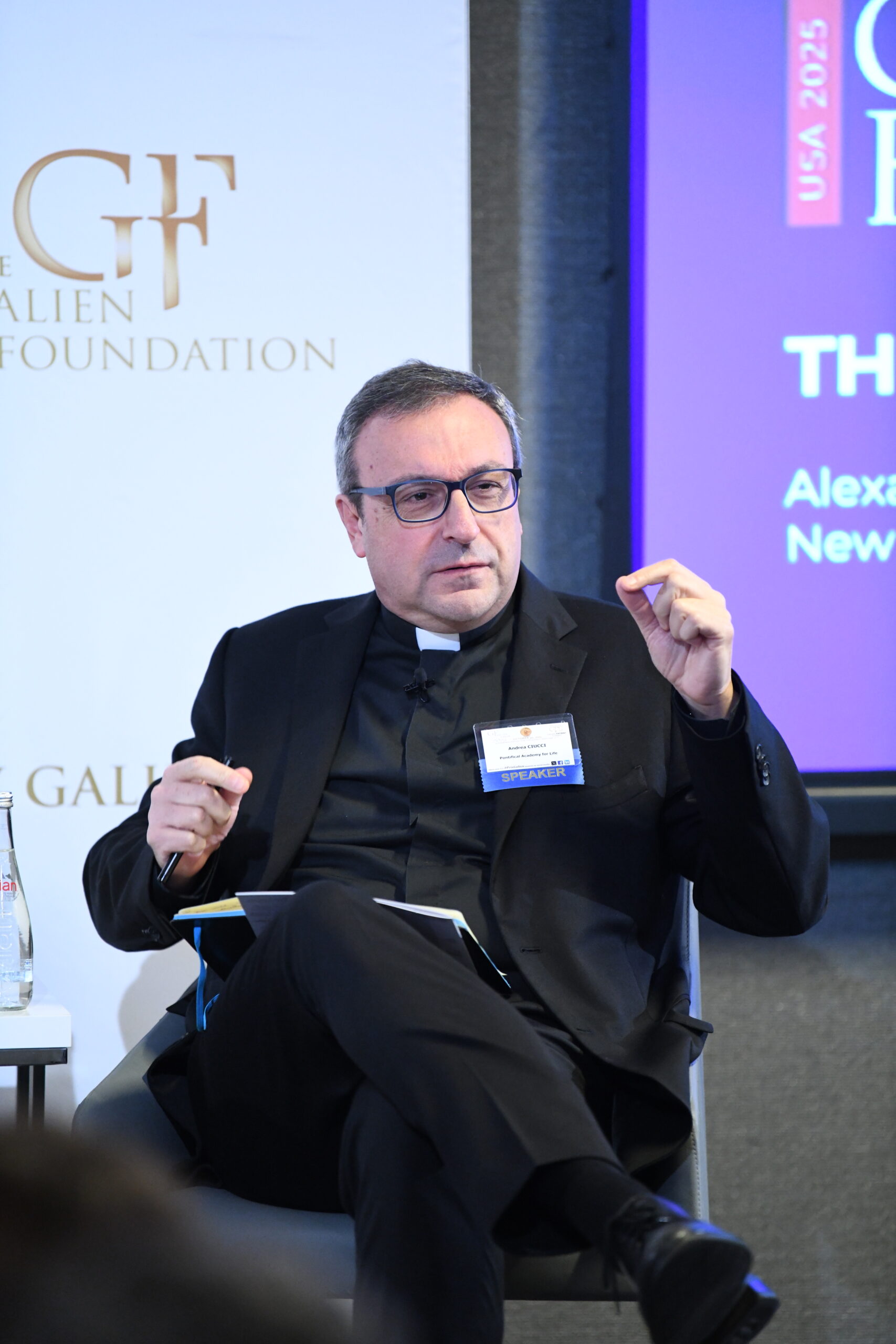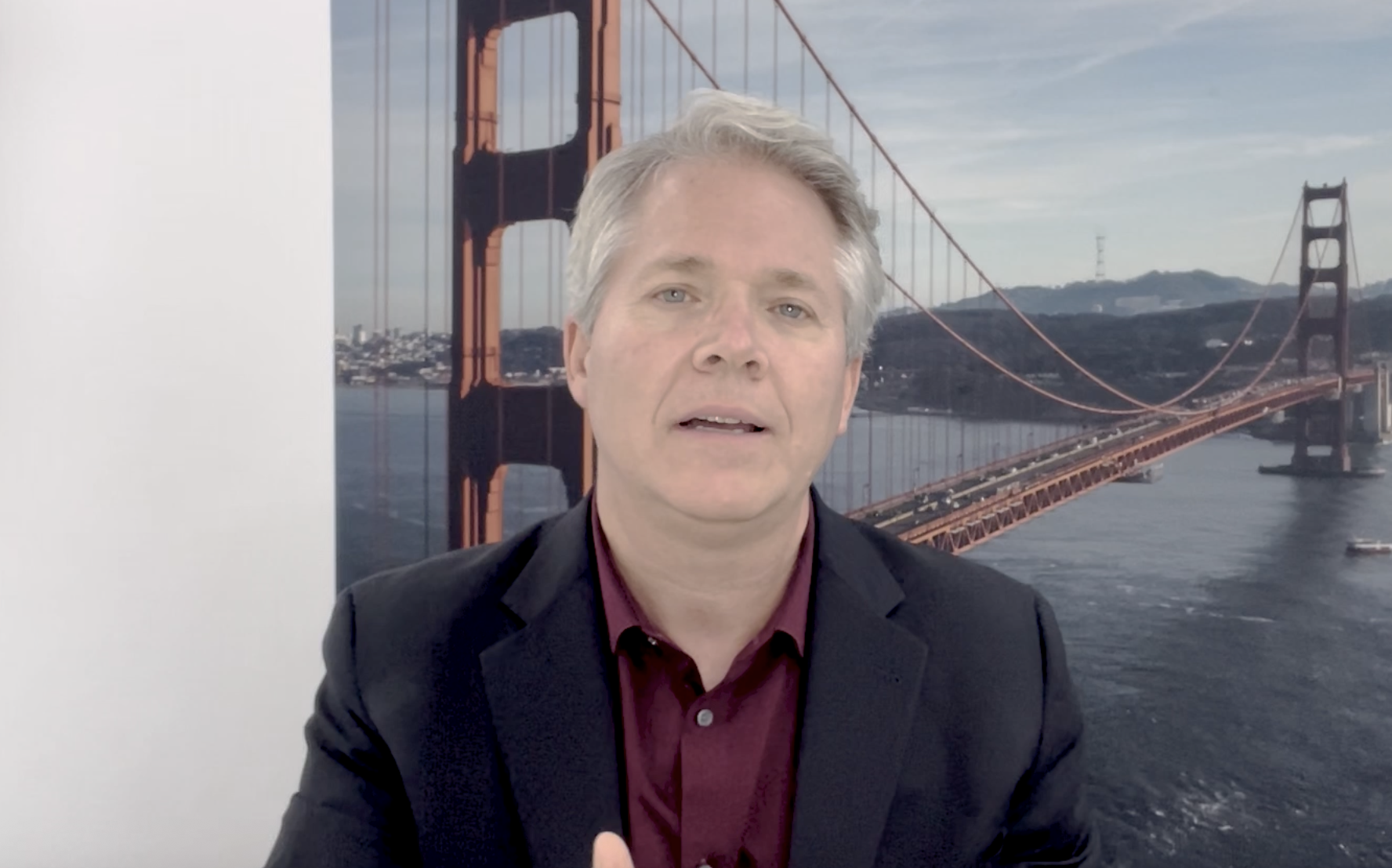As AI reshapes drug discovery, medical technology and ultimately human health, the voices guiding these development initiatives matter just as much as the technologies themselves. Panels discussing AI’s role in science and medicine are no longer just academic forums, they are platforms that influence investment, clinical strategy, regulatory policy, and public trust. This makes ethical representation not just valuable, but essential.

Father Andrea Ciucci of the Vatican’s RenAIssance Foundation
At the recent Galien Forum, the AI panel showcased just how quickly artificial intelligence is transforming biomedical innovation. With leaders from Iambic, NOETIK, Harvard, and Medable discussing breakthroughs in molecular design, multimodal modeling, and agentic AI for clinical trials, the session made one thing unmistakably clear: the future of medicine is being shaped by AI at an extraordinary pace. But just as important as the technology itself is who is helping guide the conversation.
The panel also included Father Andrea Ciucci of the Vatican’s RenAIssance Foundation, who noted the widening gap between technological potential and societal readiness. Having Father Ciucci’s participation underscores the importance of having ethical representation in these discussions to highlight how product development and clinical acceleration must be grounded in values like human dignity, justice, and global accessibility.
When ethicists sit alongside CEOs, scientists, and AI innovators, the conversation expands. It becomes less about speed alone and more about responsibility. They challenge assumptions, illuminate blind spots, and help ensure that technological progress improves human health without deepening inequities.
As AI becomes more powerful, the stakes rise accordingly.
We applaud The Galien Foundation for broadening the conversation. Ethical representation on AI tech panels is not just a courtesy; it’s a safeguard. We believe it ensures that the future of AI in healthcare is not only innovative, but also fair, inclusive, and deeply human-centered.
Watch the full panel discussion:





